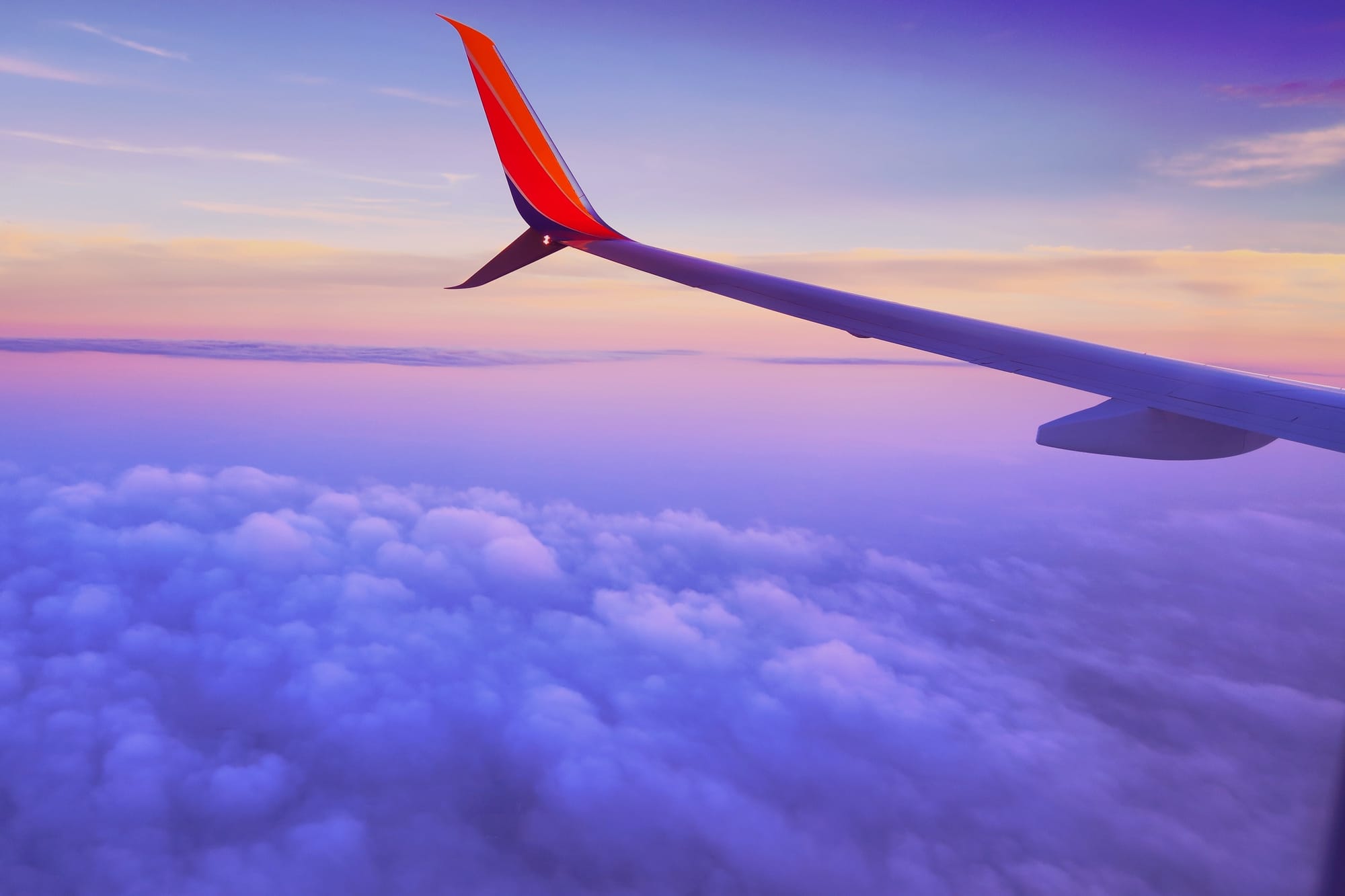How Hypnosis can help with the fear of flying

In this article, we will explore how hypnosis can be a powerful tool in helping individuals conquer their fear of flying.
The Fear of Flying also known as aviophobia, can be a debilitating condition for those who experience it. It can prevent individuals from traveling, limit their career opportunities, and cause significant distress.
Fortunately, there are various methods available to help overcome this fear, and one of the most effective approaches is hypnosis.

Hypnosis is a state of focused attention and increased suggestibility in which an individual enters a deeply relaxed state. During hypnosis, the mind becomes more open to positive suggestions and can reframe negative thought patterns and emotions. This can be highly beneficial for individuals struggling with the fear of flying as it allows them to address the root causes of their anxiety and develop new coping mechanisms.
Many people with the fear of flying have deep-seated beliefs or traumatic experiences that contribute to their anxiety. Through hypnosis, these underlying issues can be addressed and resolved. By using relaxation techniques and guided imagery, I can help individuals reprogram their subconscious mind to associate flying with feelings of calmness and comfort rather than fear and anxiety.
One of the primary benefits of using hypnosis to overcome the fear of flying is its ability to target the subconscious mind. The subconscious mind holds our deeply ingrained beliefs and emotions, which often drive our behaviour and responses. While conscious efforts to control fear and anxiety may provide temporary relief, they often do not address the root causes of these emotions. By accessing the subconscious mind through hypnosis, it becomes possible to make profound and lasting changes.
During a hypnosis session, the hypnotherapist will guide the individual into a relaxed state. They may use various techniques, such as progressive muscle relaxation, deep breathing exercises, and visualization, to induce a state of deep relaxation. Once the individual is in this relaxed state, the hypnotherapist will introduce positive suggestions and affirmations related to flying. These suggestions aim to replace negative thoughts and associations with positive ones, promoting a sense of safety and calmness.
In addition to addressing the subconscious mind, hypnosis can also help individuals develop effective coping mechanisms for managing their fear of flying. Through hypnosis, individuals can learn relaxation techniques and self-hypnosis methods that they can practice on their own. These techniques can be used both during and outside of flying situations to reduce anxiety and promote a sense of calmness. It is important to note that hypnosis is not a quick fix solution and requires commitment and active participation from the individual. Multiple hypnosis sessions may be necessary to achieve lasting results, and individuals may also be encouraged to practice self-hypnosis techniques regularly. However, with dedication and an open mind, hypnosis can be a highly effective tool in overcoming the fear of flying.
By addressing the subconscious mind and providing new positive associations and coping mechanisms, hypnosis can help individuals reframe their thoughts and emotions related to flying and can provide individuals with the tools they need to conquer their fear of flying and lead a more fulfilling life.



